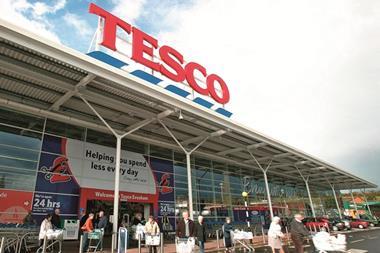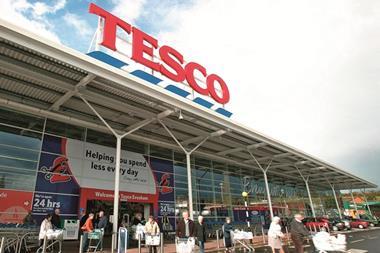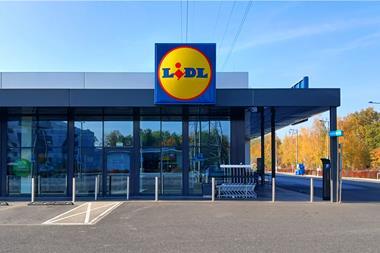Last week Tesco announced a new initiative to improve communication with suppliers that takes a collaborative approach to tackling unfair practices.
Embattled grocer Tesco announced last week that it has launched an online community for suppliers to act as a forum where they can connect. In a bid to restore trust and increase transparency among its partners and customers, the Tesco Supplier Network will allow more than 5,000 members from around the world to connect with each other and the grocer’s buying teams.
The move provides some much-needed positive PR for Tesco over its treatment of its supply chain. Earlier this month the retailer was heavily criticised in a BBC Panorama documentary for the way it deals with its suppliers.
This is not a recent problem, and it’s not something that only affects Tesco; unfair supply chain practices by large supermarkets have long been an area of concern. The problem is intensified by extreme price competition and as we enter the era of the discounter, it’s more important than ever that suppliers are protected.
In 2009 the Government released the Grocery Supply Code of Practice (GSCOP) in an attempt to combat some of these practices. These include delaying payments, making retrospective changes to terms of supply and tying suppliers to certain third-party service providers.
Two years ago, Christine Tacon was appointed the first ever Groceries Code Adjudicator (GCA) charged with enforcing the GSCOP. This month’s supply chain supplement asks if anything has changed since Tacon’s appointment and looks at the code in greater depth.
Tacon promotes a collaborative approach, such as the one announced by Tesco. Initiatives such as Tesco’s Supplier Network show not only willingness to change, but action from the retailer. Through such ideas, and working alongside Tacon, perhaps the industry is moving towards making real change for good.

























No comments yet